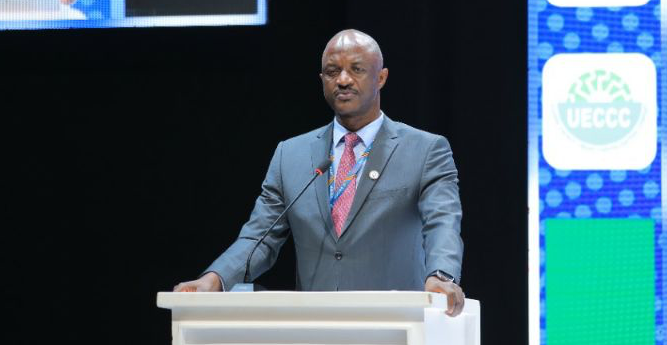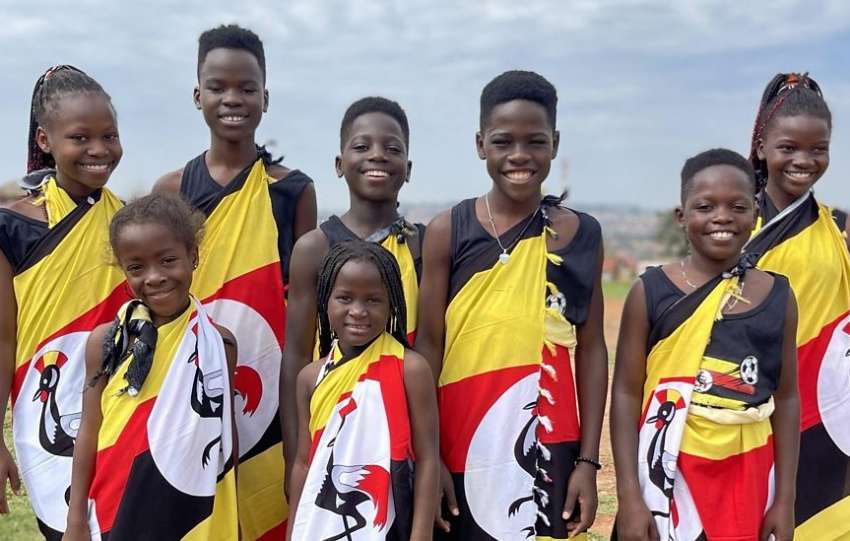M-Kopa and Stanbic bank have joined efforts to light up schools with installation of solar solutions for twenty schools across Uganda.
A sum of UGX50 million has been released to facilitate the entire project.
M-Kopa is a company that uses the pay-as-you-go model popularized by mobile phones to provide rent-to-own solar energy products that help deliver cheap solar power to rural areas.
“Our CSI focuses on promoting education because we believe it is a key factor to achieving transformational change in our country’s economy. This means we have to continue funding the various aspects that facilitate a good education if we want a more productive workforce that can carry out tasks that require literacy and critical thinking to push us forward. Energy solutions for schools is one of the key factors,” commented Barbara Kasekende, Stanbic Head of Corporate Social Investment
The schools that will have solar equipment installed include; Namakwekwe primary school, Bufooto Primary School, Najja Primary School, Nakhupa primary school, Ubumasokho Primary school, Buwakoro Primary school, Kiwata Primary School, Buduma Primary School, Bufunda Primary School, Kimira Primary School, Nawandala Primary School, Bubaka Primary School, Nyanzi Primary School, Kyakoba Primary School, St Kizito Namagogo Primary School, Kasenyi Primary School, Senkulu Primary School, Kibyamirizi Primary School, Buliisa Primary School and St Noah Myanzi Primary school.
M-Kopa Managing Director David Damberger said, “Uganda, with a population of about 41 million people and about 7 million households has one of the lowest electrification rates in Africa. Out of the 7 million only, about 1.1 million have access to electricity. This represents 22% of the entire population meaning over 30 million Ugandans go to sleep without electricity every night. These end up using alternative, un-clean sources of energy like Kerosene and Charcoal which can cause health problems. As a company, we are currently powering over 100,000 households in Uganda and it is amazing the impact solar solutions can bring to the communities. We have seen school children in the rural areas manage to study better at night after school hence improving on their learning.”
Government of Uganda, in its ambitious plan to achieve middle income status by the year 2030, wants off-grid consumers to access clean modern energy services in a bid to improve social services, economic growth and welfare of its citizens. It is expected that 60% of households in Uganda will have a solar energy product or will be receiving solar related services by the year 2020.




